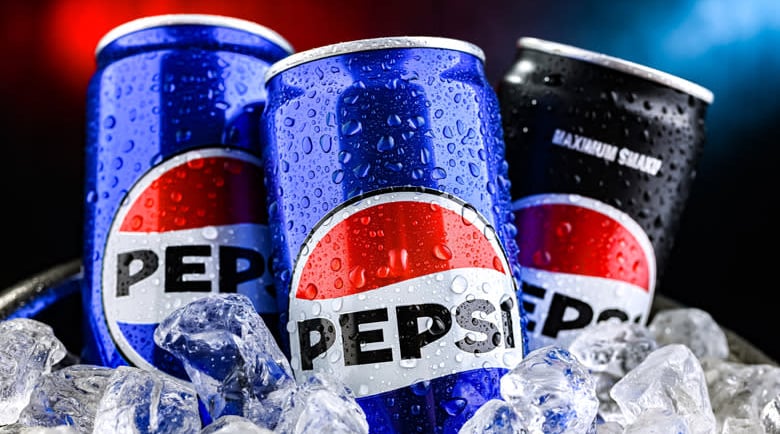Case Study: Pepsi's Innovative Marketing Strategies Propel Brand Engagement
Ola Abul Eyoun
3/5/20252 min read


Case Study: Pepsi's Innovative Marketing Strategies Propel Brand Engagement
Introduction
PepsiCo, one of the world's leading beverage companies, has consistently stayed at the forefront of marketing innovation. This case study explores Pepsi's dynamic marketing strategies that have effectively engaged global audiences and reinforced its brand presence against fierce competition.
Objectives
Pepsi aimed to:
Reinforce its brand identity as a youthful and energetic brand.
Increase market share in emerging markets.
Enhance customer engagement through digital campaigns and social media.
Strategy
Pepsi's marketing strategy has been multifaceted, focusing on digital innovation, cultural relevance, and consumer engagement. Key components included:
Celebrity Endorsements and Partnerships
Pepsi leveraged its long-standing relationship with celebrities and artists to tap into diverse consumer bases. Notable campaigns included partnerships with global icons such as Beyoncé and Lionel Messi, which helped amplify their reach and appeal to younger audiences.
Event Sponsorships
By sponsoring major events like the Super Bowl Halftime Show and The UEFA Champions League, Pepsi kept its brand prominently in the public eye, enhancing its association with excitement and entertainment.
Digital Campaigns
The "Pepsi Max Challenge" campaign utilized augmented reality to engage consumers in a unique way, encouraging them to participate in a virtual football game. This approach not only increased online engagement but also boosted in-store product interaction.
Social Media Initiatives
Pepsi's effective use of platforms like Twitter, Instagram, and Facebook to launch interactive campaigns, such as the "#PepsiHalftime" live social media feeds during the Super Bowl, successfully created buzz and increased engagement.
Execution
Each component of the strategy was meticulously executed:
Celebrity Endorsements: Pepsi produced visually captivating advertisements featuring celebrities, which were disseminated through television, online platforms, and outdoor media.
Event Sponsorships: Pepsi maximized its event sponsorships by engaging audiences through pre-event promotions, live activations, and follow-up content that extended the conversation post-event.
Digital Campaigns: The interactive campaigns were supported by robust digital marketing, including SEO, targeted online advertisements, and partnership with influencers to drive campaign messages.
Social Media Initiatives: Pepsi maintained an active social media presence, posting regularly and interacting with consumers. Special emphasis was placed on real-time engagement during major events.
Results
Pepsi's integrated marketing approach yielded impressive results:
Significant growth in social media following and engagement rates.
Increased brand visibility and top-of-mind awareness in targeted demographics.
Enhanced consumer perception of Pepsi as a modern and innovative brand.
Conclusion
Pepsi's marketing strategies demonstrate the power of integrating traditional advertising with digital innovations. By staying culturally relevant and engaging consumers through multiple channels, Pepsi continues to reinforce its position as a leader in the competitive beverage industry. This case study highlights the importance of adaptability and innovation in maintaining brand dominance.
Future Implications
Going forward, Pepsi can further leverage emerging technologies such as AI and machine learning to personalize customer experiences, thereby enhancing brand loyalty and leading the way in digital marketing trends.
